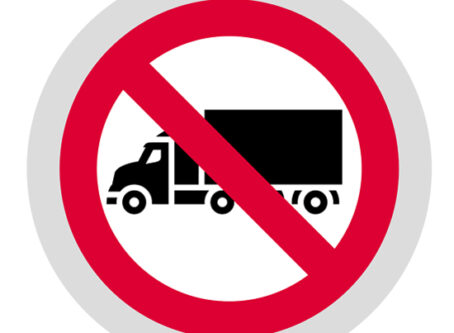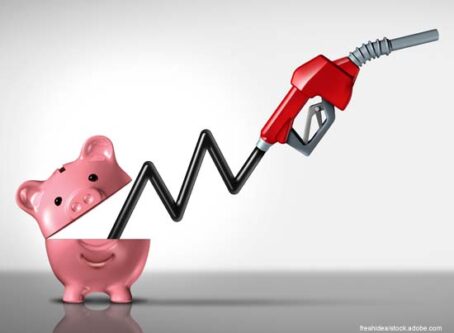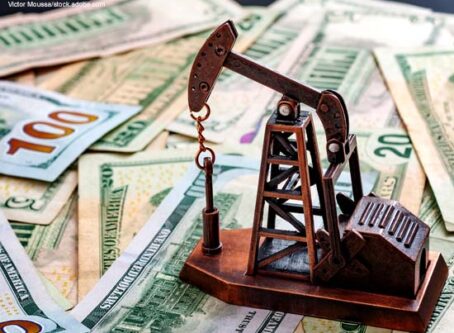Illinois bills call for increased state, local fuel taxes
Work continues at the Illinois statehouse to address transportation funding needs via increases to fuel tax rates and vehicle fees.
The state now collects 19 cents on each gallon of gas sold and 21.5 cents on diesel. The tax rates are unchanged since 1990.
One bill awaiting a House floor vote would give local governments authorization to collect their own fuel tax. HB102 states that locales could add up to 3 cents per gallon for gas and diesel sold.
Voters must first pass a local ordinance to permit collection of the additional taxes.
Possible state tax rate increase
A separate bill in the Senate calls for raising the state’s fuel tax rates and vehicle fees. The additional taxes and fees are estimated to raise $2 billion annually.
Specifically, the taxes on gas and diesel would be raised from their current rates to 38 cents per gallon.
Sponsored by Senate Transportation Committee Chairman Martin Sandoval, D-Chicago, the bill would tie the taxes to inflation, but increases would be capped at up to a penny per year.
The counties of McHenry, DuPage and Kane would also be allowed to double their local fuel taxes from 4 cents to 8 cents per gallon. Each of the above counties and the other Chicago area counties would have permission to tie their local taxes to inflation.
Among the vehicle fee increases is a $100 registration rate hike on all classes of large trucks.
The electric vehicle fee also would increase from $18 to $148.
The legislative pursuit for additional tax and fee increases follows a call earlier this year from a group of mayors in the Chicago area for legislators to get a deal done to raise the Illinois fuel tax rate.
Officials say the fuel tax rates have remained unchanged for far too long.
Outgoing Chicago Mayor Rahm Emanuel is among the mayors supporting a 20- to 30-cent increase to pay for needed transit and road work.
The group also wants the excise rates tied to inflation.
Emanuel’s office says every 5-cent-per-gallon increase in the fuel tax raises about $20 million more in city revenue and more than $250 million statewide.
SB103 awaits consideration in the Senate Transportation Committee. The deadline to advance from the committee is April 12.









